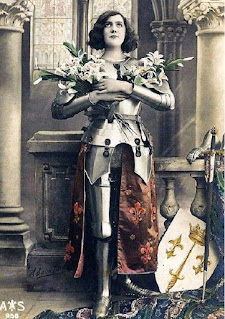The Wise Old Man, Magician and Sage?
Magic is Madness
Don't you just love the madness and magic of Merlin? What d'ya mean, no? He's only the grandaddy of all sorcerers, the one and only true archetypal wizard, the wild man of prophecy. Okay, you get the message. He has so many presentations, but, his history is primarily arcane!
Merlin is fittingly portrayed as a feared druid and a crazy old oracle to the Britons of Dumnonia in Bernard Cornwell's Warlord Chronicles. This is a romantic figure glorifying a lost mysterious celtic way of life. Of course, it's doubtful a man matching our modern vision of Merlin has ever existed; history doesn't always meet our expectations.'I believe the Gods hate to be bored, so I do my best to amuse them. That way they smile on me. Your God,’ Merlin said sourly, ‘despises amusement, demanding grovelling worship instead. He must be a very sorry creature'
Bernard Cornwell, The Winter King
I love Merlins origin as a real living druid, or a bard, maybe a madman from our Romano-British period. It was Geoffrey of Monmouth who fictionalised Merlin with the trappings of wizardry in modern fantasy. It's almost always conflict that teases out names of potential interest.
The fifth and sixth centuries were supposedly war ridden. Other sources disagree, promoting a cultural integration. In the east and the south, Germanic Tribes who we call Anglo-Saxons founded their kingdoms. Some Britons resisted in the west and north, they also fought themselves—others assimilated into the Germanic way of life.
In popular media, Merlin is often a priceless asset to Arthur and his followers, because of his magical prowess, and foresight—the guy was even a Disney cartoon. In reality, though, there isn't any evidence to suggest such he met Arthur! All sources for Merlin come from written sources post 12th century, but we know some are supposedly copies of 10th century manuscripts. They were written hundreds of years after the early Anglo-Saxon events.
 |
| Romano-British Crown and Diadem: Norfolk |
In earlier Welsh manuscripts, like the 'The Red Book of Hergest' and 'The Black Book of Carmarthen' Merlin, written up as 'Myrddin Emrys,' 'Wyllt or Merlinus Caledonensis,' which really isn't resonating our prime 'Sword in the Stone' bearded bloke, but instead a crazy bard and prophet, with a sound knowledge of nature. Well, that's what it says it those old writings.
After a major loss during the battle of Arthuret, Carlisle. This particular Myrddin (Merlin, born circa 540) went bonkers! The poor bugger ran away into the forest where he lived as a wild man, a bit like John the Baptist. He was a Bard, just beneath Druid for Britons. I have no idea if Myrddin would have retained some social significance or if he became a spectacle.
The contradictions that define modern against the proto-Merlin's tell me there was historical inspiration for medieval historical fiction writers like Monmouth. I've barely touched the surface. Other Merlin names from records are:
1. Ambrosius
2. Emrys
3. Myrddin
4. Merlinus
5. Merdinus
6. Merdinn
7. Merlin Ambrosius
8. Merlin Caledonensis
9. Merlin Silvestris
10. Merlinus Arturius
To Conclude...
Even if this compelling character never existed at all, the stories that surround him bring our attention to the historical context of those times: like the Germanic tribes hunger for territory, for instance, supernatural thinking, Celtic in-fighting and warrior culture, religious tension, Irish piracy and of course Vortigern. For me, personally, Geoffrey of Monmouth's development of Merlin, and his other heroes are his zeitgeist.
Gandalf is comparable to Merlin, from Tolkien's legendarium, whose name was taken from the Völuspá of the Poetic Edda's. Above all, Gandalf is a reinvigoration himself, a modern shape shifted expression of the old one eyed runemaster, Odin, the wanderer and prime god of the vikings. It all blurs together to entertain our modern ignorance; that young 'Merlin TV Show' back in the day with Victor sodding Mildrew and 15th century plate armour proves my point. We really don't care—play dress up and pretend. It's all good.
Arthurian characters have had their fair share of reboots and retcons; the wild man Myrddin, Derfel the warrior and, the warlord, Arthur; they've all differed over the centuries. We may never uncover an exact history. It's up to us as individuals to make up our own minds.
A Heart Breaking Televised Show
The latest depiction of Merlin in the recent Winter King TV show was black. Of course discontent rained down across review websites—an ancient black celtic druid in semi historical fiction is impossible. Why? The decades of training, the extensive perilous travel, language barriers, Druids were drawn from celtic tribes. It's as wrong as having a German bloke as Moses. Of course, Cornwell and supporters of the casting choice forwarded their case that the Winter King took place very shortly after the Romans returned to Rome.
While it is a respectable theory that people of colour may have been serving in Roman ranks, the timing is off. Rome, including Merlins forfather left in 410 CE to defend Rome. The Winter King was is set in the latter part of the fifth century continuing into the sixth, which is generations later. There would be generations of breeding before Merlin was born! With Rome a century gone the wizard would have been a white haired celt. Clearly the reasoning fails, leaving little doubt that the casting was bending the knee to inclusivity politics and wokism. We really don't care.
The evidence proving the presence of African or Sub-Saharan Roman soldiers isn't strong—yet, this doesn't mean they did not exist. Bede, Gildas and Tacitus are highly sourced historical writers who Bernard Cornwall must have used to shape, The Winter King. Maybe my research skills are bad, but I couldn't find anything in these sources online or in my own books to directly support black roman soldiers. I am happy to assume they existed, but Europe was mostly conquered and recruited into Rome. We don't tend to give a monkeys uncle because if it's a fun show, what else matters?
This avenue doesn't need to be explored, Bernard Cornwell portrayed Merlin traditionally in print, but then, sold the character off, which is what good authors are supposed to do, to be fair. The most disappointing thing is the insensitivity of Merlin's Roman ancestry given Rome massacred all the druids at Anglesey; all knowledge of Druidic Celtic Briton was taken from us. The Romans oppressed us and publicly violated Boudicca's daughters, beating and whipping her after forcing her to watch. Druidry will always be mysticised because of this massacre. The political posturing and woke attitudes show double standards.
Bernard Cornwell's literature based Merlin, from the Warlord Saga is a thoughtful portrait on multiple layers; a man trying to restore the lost old ways. We hold biblical scripture very dearly, but this setting is centuries more recent, it echoes biblical issues of Rome and oppression on our own British ancestors. Merlin the symbol of Druidry carried loss, and struggled within his political, social, and religious landscape. He stubbornly battled against Saxons and Christians alike.The Winter King televised series should not have disrespected our spilt ancestral blood and tears for equality.

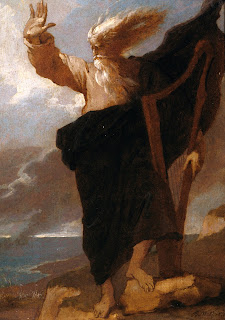

.jpg)






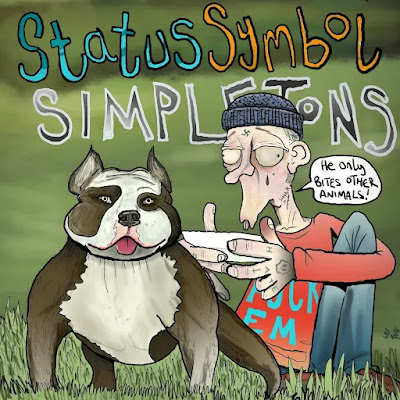
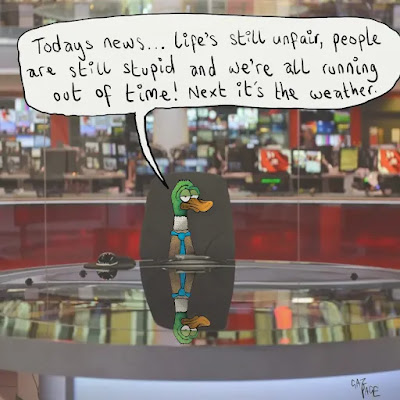
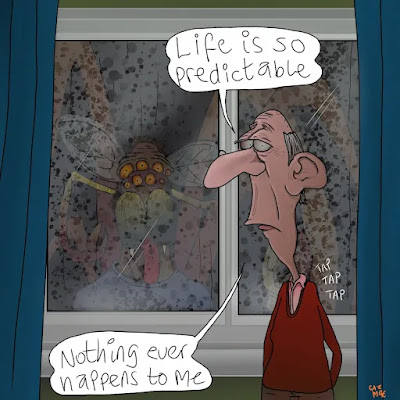
.jpg)

.jpg)

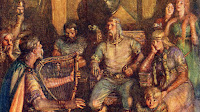
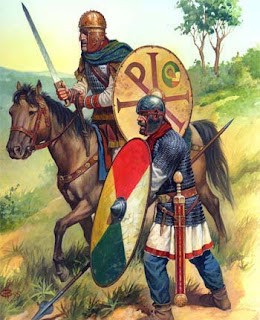
.jpg)
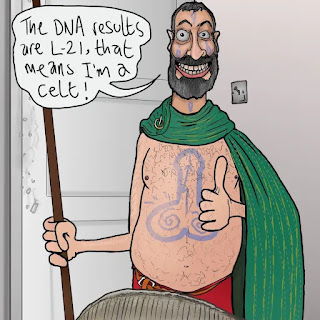











_edit_2823584032726954.jpg)
.jpg)



